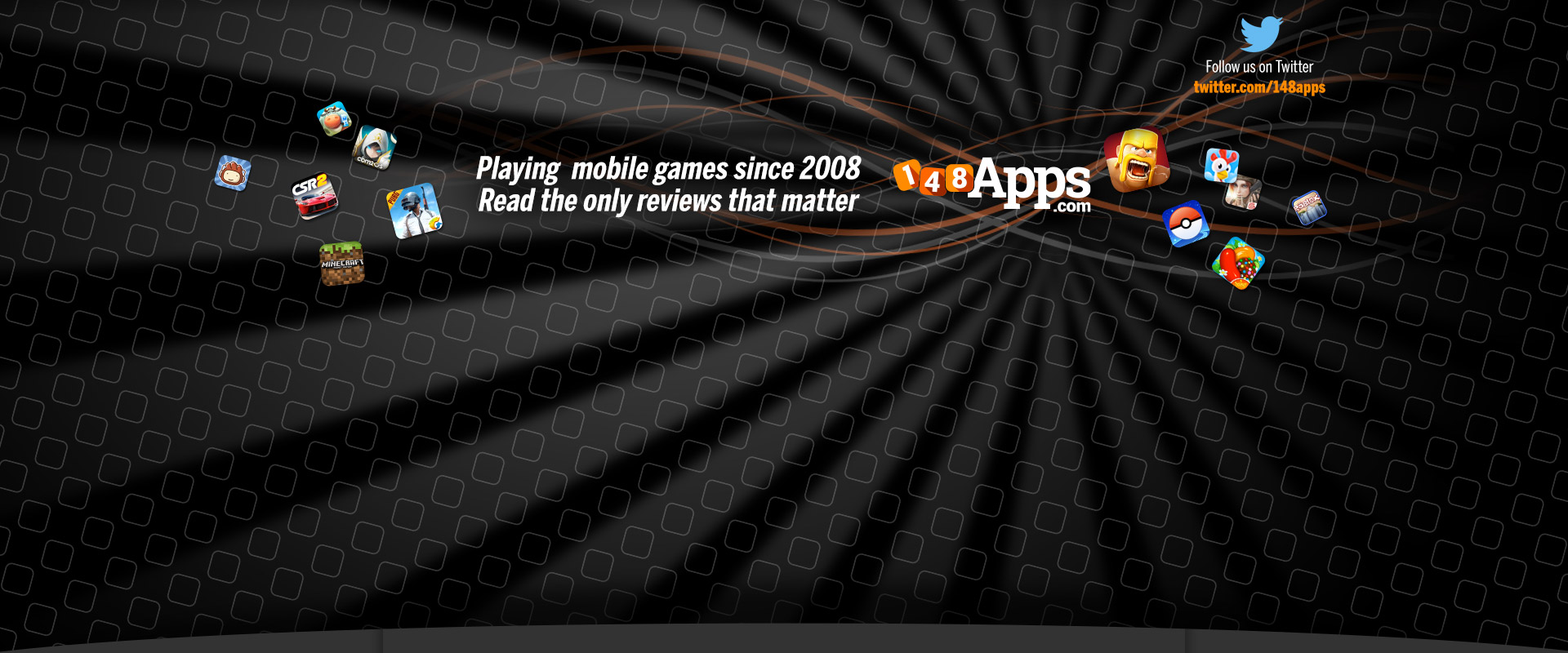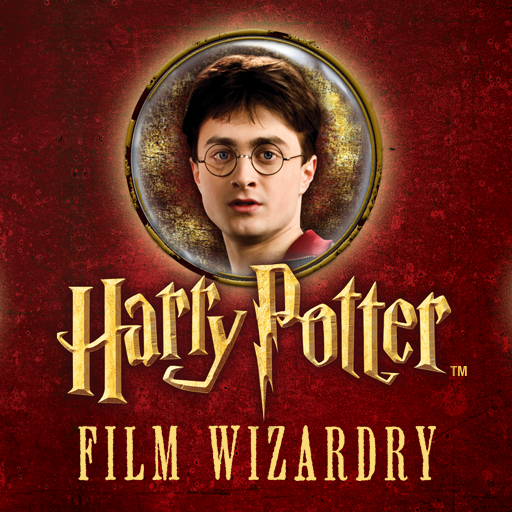Over the past five years, many thousands of developers have tried their luck in creating the next big hit for iOS gamers. While some were there right from the beginning, others have found success in only the last couple of years. I took the time to chat to four relatively recently successful developers to find out exactly why they were so interested in pursuing the App Store route, and how they've found the experience so far.
"First and foremost it was the ease of development and getting things...running quickly, with no development kits and long processes of approval," explained Simon Flesser of Simogo (most famous for the rather exceptionally spooky Year Walk). "That coupled with us being interested in the iPhone as a gaming platform and the different features it provides, touchscreen interaction, motion controls, constant internet connection..."

Simogo's Year Walk
Barry Meade of Fireproof Studios (makers of BAFTA award winning The Room) had similar views: "As a small team with little resources to draw on, the fact you could self-publish on the App Store was a huge enabler for us...The Room might never have been made if we'd had to rely on a publisher as it was a bit too unusual...they would not have believed in the game like we did." As he pointed out, "the App Store allowed a team from nowhere to make a small game and see big success."
The Room's Fireproof Games is one such team made up of ex-AAA developers, with the studio formed by six ex-lead artists from Criterion Games' Burnout franchise. Similarly, Warhammer Quest's Rodeo Games came from such a background. Formed from executives previously working for the likes of EA, Lionhead, Criterion and Codemasters, Rodeo Games were provided the opportunity to pursue something new, thanks to the App Store.
"Well, we'd been in the AAA games industry for many years and had been talking about how to take steps in setting up our own company. The App Store was just flourishing at the time. It was this awesome, new, bold place for smaller dev teams to put their games in-front of a huge audience. So we crafted a plan with the mindset of making the very best turn based strategy games on iOS, and Rodeo Games was the result," Ben Murch, co-founder, explained.

Fireproof Games's The Room
Neil Rennison of Fighting Fantasy developer, Tin Man Games, enjoyed a similar revelatory moment, after a move to Australia, gave him the chance of starting his own indie development studio, just as the iPhone and the App Store came to fruition: "I was originally running a small games art outsource company in the UK and then...I...moved to Australia with the dreams of starting my own indie and making my own titles instead of working on other people's games."
How different do they all think things would be if the App Store didn't exist, though? "Very! Certain types of business models and certain types of games would probably not exist without the App Store," Simon reckoned. Ben offered similar views, although noted the loss of the "middle tier" of gaming: "The gaming world would be a very different place right now. Just think about how many small companies and jobs have been created just from iOS gaming alone. Before the App Store, there was this surge towards "middle tier" gaming, i.e. titles coming out in the £10 - £20 bracket. I guess that market would have grown more and become an eco-system in itself. However, thanks to the App Store, creators who were interested in that model shifted into the mobile market, effectively crippling the whole "middle tier" gaming sector."

Rodeo Games's Warhammer Quest
Mention was also made, by Neil, of the fragmentation of the mobile phone operator universe, something that was a significant problem before the advent of the App Store. "Apple's stock would be worth a lot less", noted Barry. All quite rightly pointed out that none of them would be in the position they're in today, if it wasn't for the ease of the App Store.
For the most part, all four of our interviewees were very positive about the App Store's impact. Each citing how it's "paved the way for many small developers", as Simon eloquently put it, and enabled them to try riskier material. As Ben pointed out, "Without the App Store, it would be nigh on impossible to get your strange little game idea in front of....well, thousands of people would be a struggle. Suddenly, anyone can release something that has exposure to HUNDREDS of MILLIONS of potential buyers. Just thinking about that blows my mind."
Financial barriers are also lowered, as Barry explained: "The relative cheapness of mobile games development allows niche ideas to thrive." Neil reinforced that point, citing how the games industry "was slowly becoming a bloated AAA only console game market and traditional game developers were beginning to struggle as the mid-point of the market was getting squeezed. The app revolution helped give developers options and in a way created its own new market in which everyone had the same opportunities from the big publishers to the lone bedroom coder...[it] was a perfect springboard for budding entrepreneurial devs like us."

Tin Man Games's Fighting Fantasy: The Forest of Doom
Simon was slightly more cautious, enjoying the risks that were possible to take, but also citing how it's "paved the way for some very questionable money-grabbing schemes… the market place has been somewhat flooded with low-quality software. It might have lowered the quality bar for what is considered to be a release-able piece software."
That's clearly a thought that runs through each of the developers' minds, given that each recommends changes that make it easier to find good apps and games. Ben would appreciate a better quality Related Apps section and a twist on the Genius section, "Some form of "We recommend these Apps for you based on what you've downloaded already" type thing." Discoverability is a big thing for Barry too, "There should be a lot more ways to format the lists of games when browsing the store. A chart by user rating is very needed for those smaller companies who make great games but get buried by the marketing clout of richer but arguably less skilful publishers."
Higher "quality control" is an important wish for Simon, while Neil would appreciate a way to reply to App Store reviewers.

Rodeo Games's Hunters 2
For the most part, though, all four developers were, understandably, happy with how the App Store is performing, both in terms of business and personal use.
"I think Apple does a marvellous job at finding and promoting good games. It's so nice that they can give small developers, such as us, a big spotlight if they find something that is good...it's almost...unbelievable that something as strange as Year Walk can get the same type of exposure as a mainstream game from a big publisher," beamed Simon.
The "open territory" of the Store was appreciated by Barry, also, "You can upload a game to the store and be published in 150 countries within 24 hours - this is really quite incredible when you compare it with how difficult it was to get a game onto other platforms only a few years ago. It's pretty much a revolution in terms of enabling creativity," with Neil offering similar views.

Simogo's Bumpy Road
As a consumer, it's also proved quite the hit with Ben pointing out, "it's that feeling of being able to browse a huge catalogue of games from your sofa, eventually finding something that's right up your street. They have great landing pages in the App Store making it easy to find great games that you may not have heard of previously." Neil appreciated the vast wealth of games, too, "it's enabled me to play games that I haven't played in over 20 years and also experience new innovative game designs from some truly talented people that wouldn't have otherwise had the opportunity to shine."
While it's clear that the App Store isn't perfect, mostly in terms of offering great visibility to the titles that deserve it, these four developers have clearly found it an overwhelmingly useful experience. Each of them, from different backgrounds, have found great and deserved success, highlighting the best of what can come out of the App Store in terms of original efforts.
We're certainly fascinated to see what will come next from these relatively new developers, part of the next generation of exciting game makers.
Thanks to Simon Flesser, Ben Murch, Barry Meade and Neil Rennison for taking the time to answer our questions.

































